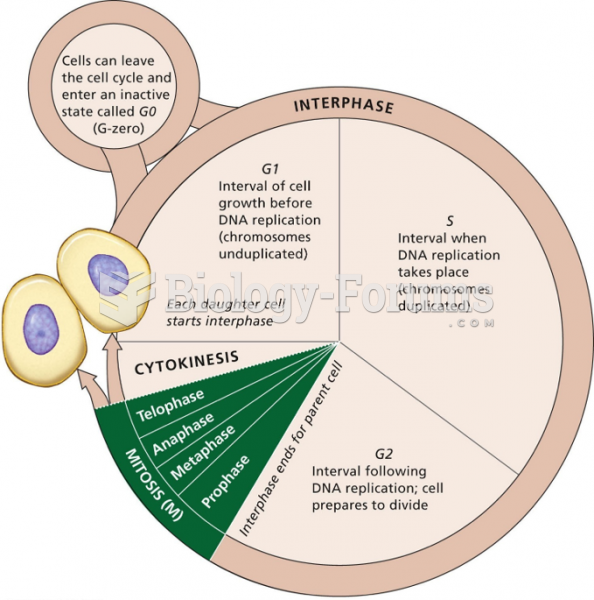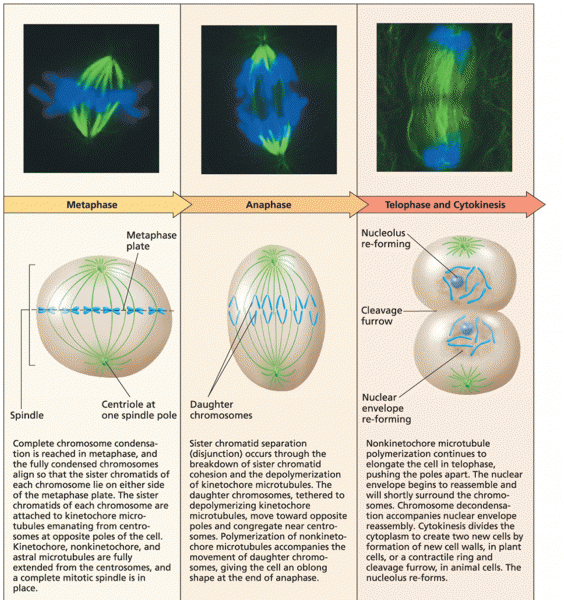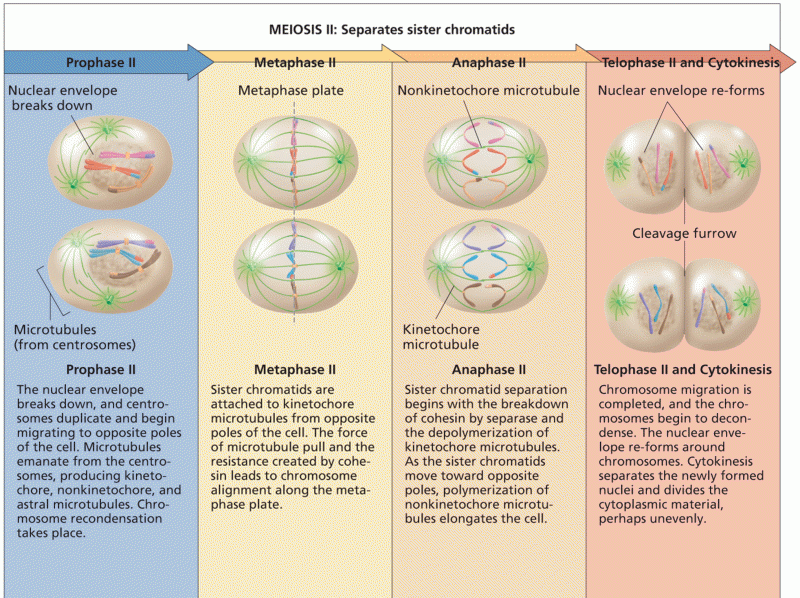|
|
|
On average, someone in the United States has a stroke about every 40 seconds. This is about 795,000 people per year.
Certain rare plants containing cyanide include apricot pits and a type of potato called cassava. Fortunately, only chronic or massive ingestion of any of these plants can lead to serious poisoning.
The U.S. Pharmacopeia Medication Errors Reporting Program states that approximately 50% of all medication errors involve insulin.
Urine turns bright yellow if larger than normal amounts of certain substances are consumed; one of these substances is asparagus.
During the twentieth century, a variant of the metric system was used in Russia and France in which the base unit of mass was the tonne. Instead of kilograms, this system used millitonnes (mt).







